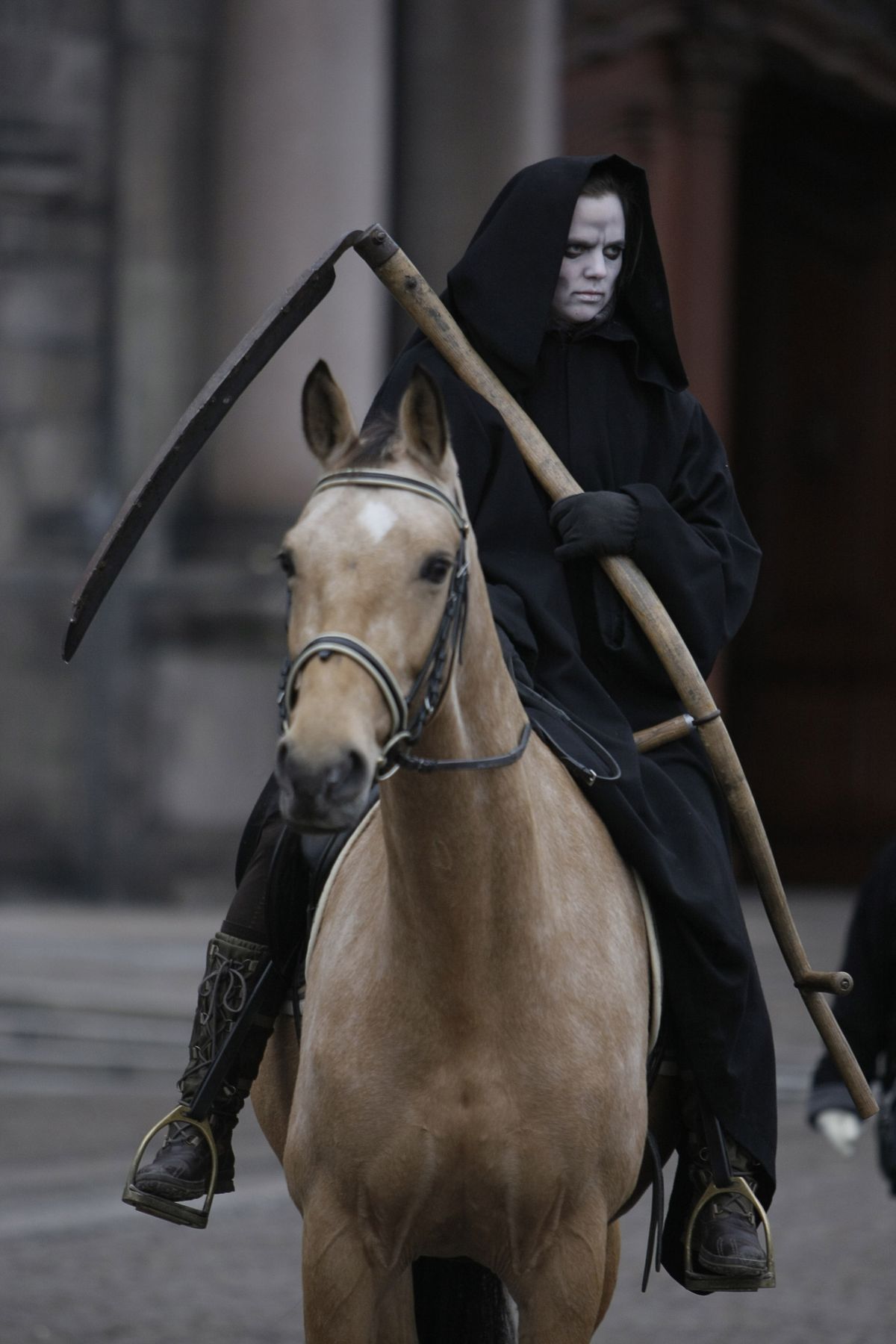Climate talks chilled by rich-poor distrust
Developing nations want assurances from wealthy

COPENHAGEN, Denmark – The atmosphere at the U.N. climate conference grew more tense and divisive after talks were suspended for most of Monday’s session – a sign of the developing nations’ deep distrust of the promises by industrial countries to cut greenhouse gas emissions.
With only days left before the conference closes Friday, at least one world leader said he would come early to try to salvage the negotiations, and others reportedly were considering the move.
The wrangle over emission reductions froze a timetable for government ministers to negotiate a host of complex issues. Though procedural in nature, the Africa-led suspension went to the core of suspicions by poor countries that wealthier ones were trying to soften their commitments and evade penalties for missing their targets.
Talks were halted most of the day, resuming only after conference president Connie Hedegaard of Denmark assured developing countries she was not trying to kill the Kyoto Protocol, the 1997 document that requires industrial nations to cut emissions and imposes penalties if they fail to do so. Kyoto makes no demands on developing countries.
Among the issues put on hold: whether China will be asked to make sacrifices similar to those demanded of the United States and other rich nations; whether it will open its carbon books to outside inspection; how to ensure every country counts its carbon emissions the same way; and how to raise a steady flow of money for poor countries to combat climate-linked economic disruptions such as rising seas, drought and floods.
The delay came just days before President Barack Obama, Chinese Prime Minister Wen Jiabao and more than 110 other world leaders were scheduled to arrive to cap two years of negotiations on an agreement to succeed Kyoto.
British Prime Minister Gordon Brown’s office said he would go to Copenhagen today – two days earlier than planned – to try to inject momentum into the talks. Brazil’s President Luiz Inacio Lula da Silva and several others reportedly were considering early arrivals.
Former Vice President Al Gore told the conference that new data suggests a 75 percent chance the entire Arctic polar ice cap may disappear in the summertime as soon as five to seven years from now. Gore, who won a Nobel Peace Prize for his work on climate change, joined the foreign ministers of Norway and Denmark in presenting two new reports on melting Arctic ice.
The world leaders are aiming for a political agreement in Copenhagen rather than a legally binding treaty. Still, the goal is to nail down individual targets on emissions cuts and financing for developing countries in a deal that can be turned into a legally binding text next year.
Conference officials were struggling to cope with the increasing crush of people, which will only get worse when the leaders arrive with large delegations and their own press corps.
More than 40,000 people applied to attend the conference, already straining to accommodate 15,000. Nongovernmental agencies, which sent thousands of people, were told only 1,000 will be allowed in at one time on Thursday and Friday. Journalists will be confined to a media center and forbidden from mingling.
Police detained up to 200 people Monday after protesters set fire to street barricades in a downtown Copenhagen neighborhood.